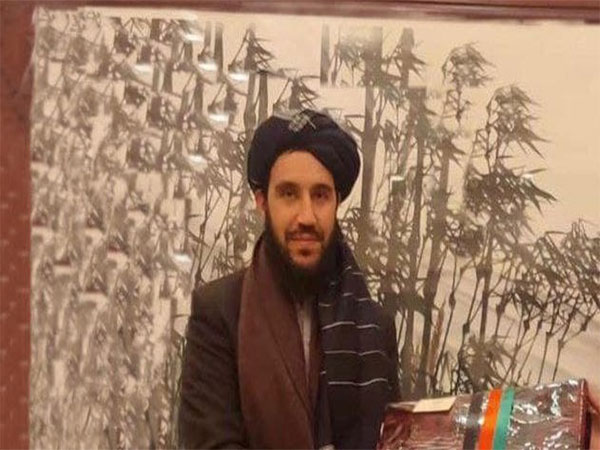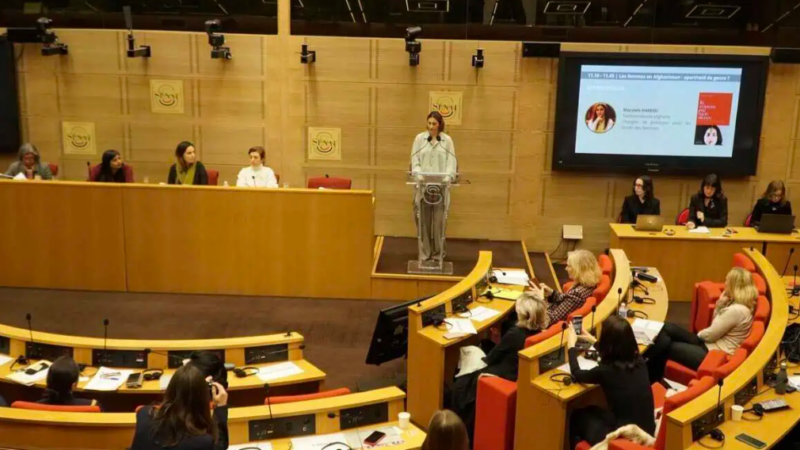Afghanistan diplomatic representative in Pakistan asks govt to stop arresting Afghans residing in country

The charges d’affaires (diplomatic representative of state) of Afghanistan’s embassy in Islamabad, Sardar Ahmad Shakib, has asked the Pakistani government to stop detaining Afghan nationals who live in Pakistan, according to TOLO News. According to Shakib, Pakistan is home to more than a thousand Afghan prisoners.
According to TOLO News, Shakib stated that there are 1,050 Afghan citizens being held in Pakistani prisons. “We called on the Pakistani authorities to cease arresting Afghan residents,” Shakib added.
The relatives of individuals who were detained claimed that the prisons in Pakistan housed their loved ones in poor health.
A native of Afghanistan said: “Three months have passed since the Pakistani government detained members of our family. We request their release from the Pakistani authorities.”
Another Afghan national was quoted by TOLO News as saying, “My 17-year-old brother has been detained by the Pakistani government for five months, and they haven’t released him.”
“We ask Pakistan to release Afghan citizens immediately because according to international conventions, no country has the right to arrest refugees,” said Asifa Stanikzai, a refugees’ rights activist.
More than 520 Afghan nationals, including children and women, were released from prisons in Karachi on Saturday.
Many unauthorised Afghan immigrants are detained in Pakistani jails, their deportation takes a long time, and their cases get stalled in the courts for a variety of reasons, according to a report by Peace for Asia.
Numerous individuals sought sanctuary in other nations after the Taliban seized control of Afghanistan last year. Some of them also sought refuge in Pakistan, but Pakistan targeted Afghani migrants rather than paying them any attention.
Most of the immigrants were women and children. Among them, some women are sick and some women are expecting mothers. These medical facilities are inadequate. A few women have given birth to children in prison and cannot access medical care.
International organisations made large financial contributions to the Pakistani government for Afghan refugees, but they were unaware that their funds were not utilised for their benefit. Human rights and women’s organisations have not contacted these victims.
The Pashtun Protection Movement (PTM) provided legal and financial support to these imprisoned Afghan refugees. According to Peace for Asia, there is only one female attorney in Karachi, Advocate Manza Kakar, who advocates for the rights of Afghan women and children while also raising money for them. Several political parties in Sindh have long advocated for the eviction of Afghan refugees from the province. The steps taken by the Sindh government against the Afghans violate fundamental human rights and refugee laws as a result of pressure from these political parties and to increase its support base.






